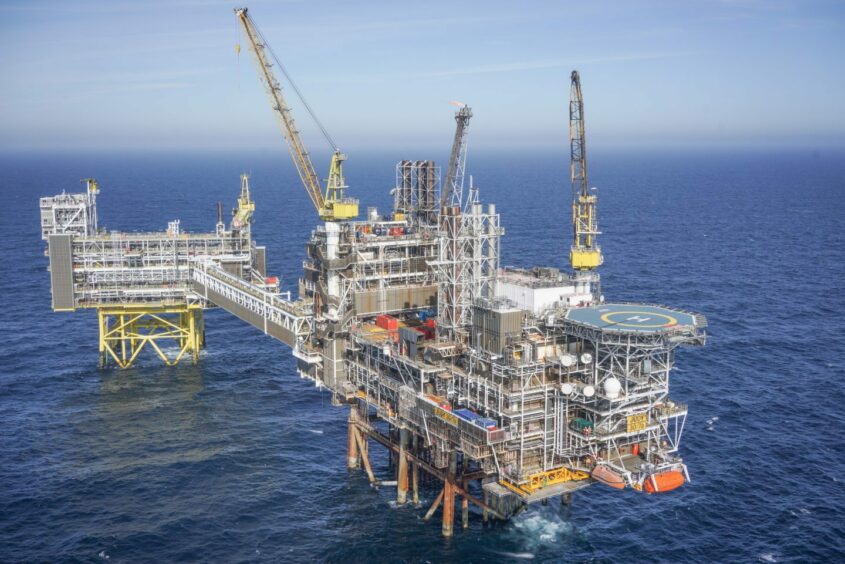
Harbour Energy (LON: HBR), the North Sea’s largest producer, looks set to be relegated from the list of leading publicly-quoted UK companies after a windfall tax body blow.
Analysts say the firm is expected to exit the the FTSE 100 in London after its share price plunged some 19% over the last six months.
This makes it “one of the most likely candidates” to drop out of the index during its coming December reshuffle, according to investment firm Hargreaves Lansdown.
Susannah Streeter, senior investment and markets analyst, said the windfall tax has a large part to play, with the Harbour Energy CEO having previously urged Chancellor Jeremy Hunt not to proceed with the increase to the levy.
Ms Streeter said: “Harbour energy has been sideswiped by the rumours and then confirmation of an increase in a windfall tax on North Sea oil and gas producers. Pleas from Linda Cook, CEO of the company, for Jeremy Hunt to look again at taxing profits went unanswered.
“The company said that the levy will drive investment out of the UK altogether, warning that the associated tax credit would not protect projects and jobs.
“The company has also been hit in recent days by falls in the price of crude, prompted by worries about the ongoing Covid crisis in China, with rolling lockdowns back in place in major cities after fresh outbreaks. The share price has fallen by around 19% over the last six months making it one of the most likely candidates to drop out of the FTSE 100 in the December reshuffle.”
Driving out investment
Prior to the Autumn Budget, Harbour Energy boss Linda Cook wrote to Jeremy Hunt, warning that levying oil and gas firms in the UK for the second time in six months would risk “driving investment out of the UK altogether”.
Earlier this month, the Chancellor increased the tax by 10%, taking the headline rate for oil and gas firms to 75%.
Harbour Energy, which has a vast North Sea portfolio and modest new projects to offset the levy against its investment allowance, are among several indepenents hit hard by the measure, and not insulated by global profits like oil majors BP and Shell.
The company has also warned that the levy could also impact its investments in clean and low-carbon technologies like carbon capture and storage, of which it is partnered in two budding clusters in the UK.
That was backed up by trade body Offshore Energies UK who last week said the levy means £200bn of energy investment by 2030 is now at risk “including low carbon solutions”.
Harbour’s share price has plunged 19% in six months to £3.07, and the firm commands a market capitalisation of £2.6bn.
The firm has been contacted for comment.
Recommended for you

